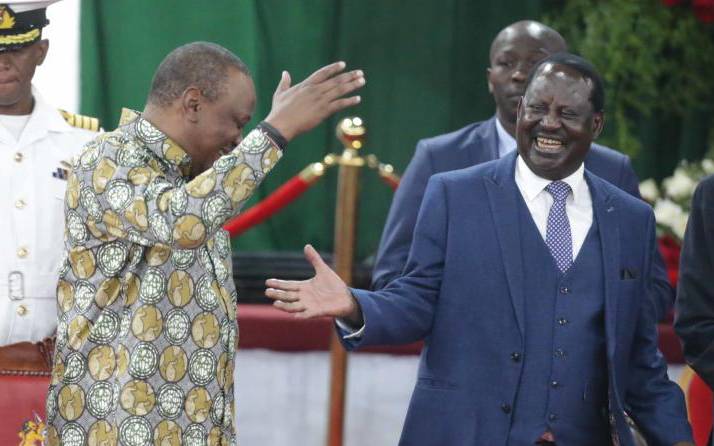×
The Standard e-Paper
Stay Informed, Even Offline

The official launch of the Building Bridges Initiative (BBI) report now sets the stage for another tedious exercise that could culminate in a popular initiative to change the law, political and legal experts have argued.